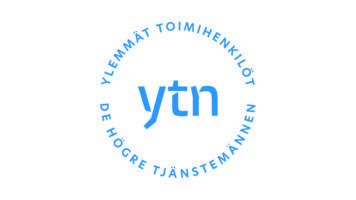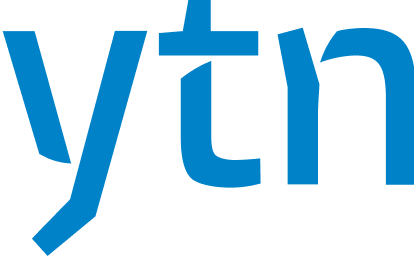
Grab the bull by the horns, said the man before he flew through the air and into a ditch. This is also how the Finnish Government is promoting the labour market-related legislative amendments included in the Government Programme with unwavering commitment, despite the proposals and opposition of the employee unions.
The labour market is facing a stalemate about to turn into a crisis. On the one hand, the Government continues the preparation of legislative amendments and, on the other hand, trade unions are announcing ever-expanding political protests. SAK and STTK unions are organising strikes for early February. Akava also announced an afternoon walkout for 6 February.
The shades of grey needed to resolve this black-and-white situation are currently nowhere to be found. Akava and its affiliates have acted consistently insofar as we have offered the Government several options and proposals for solving the working-life issues. The Government has heard them but not listened. The main problem is that the legislative amendments are being prepared in tripartite groups one at a time and independently of each other. Anyone who knows anything about the functioning of the labour market and labour law understands that everything ultimately depends on the whole and that matters should also be negotiated with this in mind.
In order for the tug of war between the Government and the trade unions to be resolved in a sensible way, the employer unions should also join the fray in coming up with solutions to the situation. There is cause for concern for the employers as well. As much as we talk about the importance of local agreement, for example, the current development will in no way promote the basis of local agreement, that is, trust between the parties.
We can already predict that the labour market situation and legislative amendments will also affect the collective agreement negotiations starting in the autumn, in one way or another. The technology industry agreements will be the first to end at the end of November, so the negotiations will start in full in September-October. The atmosphere may be tense, and the Government’s legislative cuts to the position of employees will most likely be one of our the main areas of focus in the collective agreement negotiations.
